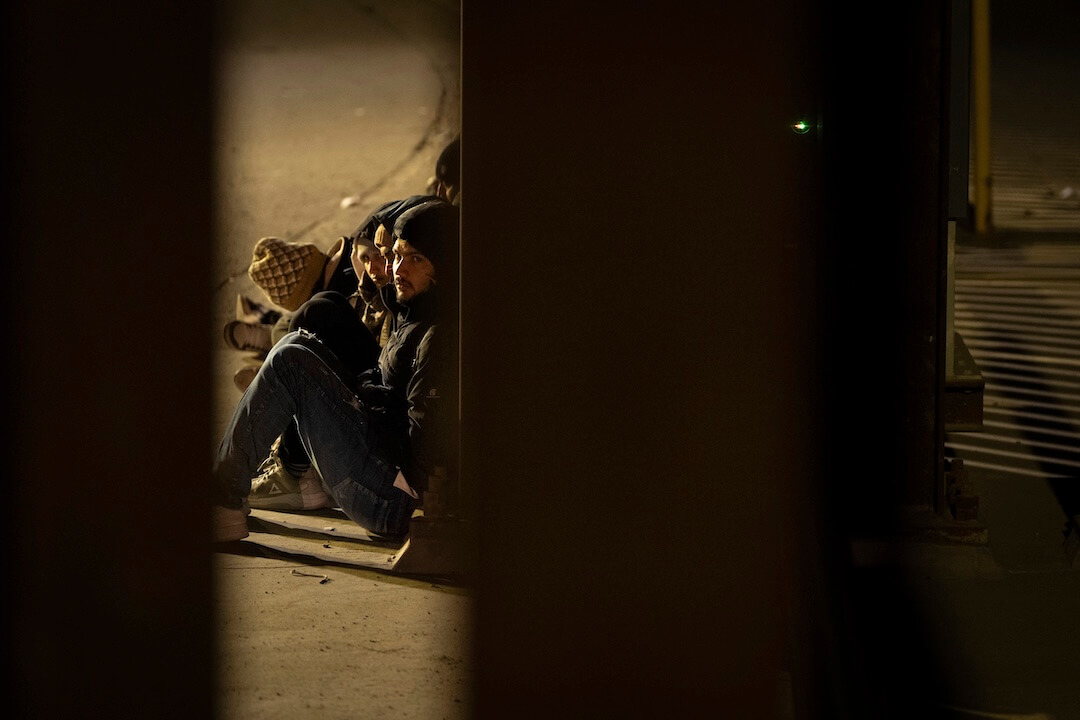A little learning is a dangerous thing;
Drink deep, or taste not the Pierian spring:
There shallow draughts intoxicate the brain,
And drinking largely sobers us again.
If Alexander Pope was right, then read on at your own risk. I just did a little learning myself, and I can’t yet say for sure whether my current state is sober or still intoxicated. I can say I was thirstier than I knew — and I wonder if you might be, too.
I make a living offering a little learning to a lot of people. Journalists mostly. I do a lot of learning myself along the way, courtesy of my colleagues on Poynter’s faculty and the professionals who participate in our seminars. Poynter, it probably won’t surprise you to learn, encourages its faculty to continue their own education, and provides us the opportunity to do so. I believe most smart organizations behave that way.
That’s how I came to spend four days in November at the Center for Applications of Psychological Type in Gainesville, Fla., participating in a course called “An Orientation to Jung’s Theory and the MBTI Qualifying Program.” Let the record reflect I’ve never before managed to work either Pope or Jung into a column, never mind both in the same one. The course qualified me to administer the Myers-Briggs Type Indicator (MBTI), which is, according to its publisher, one of the world’s most widely used psychological assessments.
One of the first things I learned is that “widely used” doesn’t mean widely — or deeply — understood. That, presumably, is part of what Pope meant when he talked about “shallow draughts.” A lot of people know a little bit about the Meyers-Briggs Type Indicator.
I now know a little bit more. Not only did the course qualify me to use the MBTI in teaching, but as a bonus, it gave me the opportunity to focus exclusively on my own learning. And it’s been too long since I’ve done that.
The experience made me think of all the veteran and very accomplished editors and news directors out there who selflessly invest scarce training funds in their newsrooms’ young up-and-comers, but who rarely sign up for training of their own. They send people to Poynter and elsewhere, but don’t go themselves.
My own recent training makes me feel even more strongly that they should. I don’t believe people outgrow education, or the need for it. At least, I know I haven’t, and I’m pretty sure I never will.
The MBTI course was well-conducted, intense and challenging. It reminded me of the college physics course I took as an undergraduate studying English and journalism. I had to have a natural science course to graduate, but I knew I couldn’t coast through it the way I might have certain classes in composition or literature. I actually had to develop study skills, to work hard and to pay attention if I wanted to pass. I did, and it worked. Learning that lesson may have been even more important than learning the fundamentals of physics. Recognizing one’s limitations can help a great deal in getting seriously focused.
It helped me pass the MBTI course, too. That’s because of two things I learned on the first day of the course: there would be an exam, which not everyone would pass; and there would be statistics involved.
I knew I should have taken a statistics course in college, but I didn’t have to, so I didn’t. I also knew that decision would catch up with me someday. It took 25 years, but it happened in Gainesville. Factor analysis and reliability coefficients were as foreign to me this fall as Bernoulli’s Principle had been in the autumn of 1980.
And, until my MBTI training, the last exam I took was in graduate school, during the first Reagan administration. We don’t use exams at Poynter. We like open-ended, non-judgmental questions, personal development plans and free-writing exercises. The training in Gainesville used some gentle techniques, too, but there was a test, and there were both right and wrong answers. Lots of them.
I was intimidated enough to stay after class the first two evenings for statistics reviews. I wasn’t sucking up. All but two of the 31 class members did the same thing. Those who didn’t had already completed graduate-level courses excusing them from the exam. I went back to my hotel room each night and took the practice quiz for that day, as did virtually all of my classmates. No Poynter-style group dinners out on the town for this crowd. We all stayed home and studied.
Here’s some of what my trainer-to-trainee experience underscored for me, things I hope stay with me long after I forget what discriminant and convergent construct validity are:
- The smartest people I know never stop learning.
- I should take on something truly new and slightly scary more often.
- In the study of human behavior, the more closely you look, the more complex and interesting things become.
Departing Defense Secretary Donald Rumsfeld caught a lot of flak a while back for inscrutably explaining his world view in terms of “known knowns,” “unknown unknowns” and so forth. Nobody will ever mistake him for Alexander Pope. But there’s a compelling point buried beneath that tortured rhetoric.
I think veteran newsroom leaders who’ve gone a while without training should at least consider the possibility that they don’t know what they don’t know. Learning about it, regardless of one’s age or experience, can be sobering.
Intoxicating, too.





